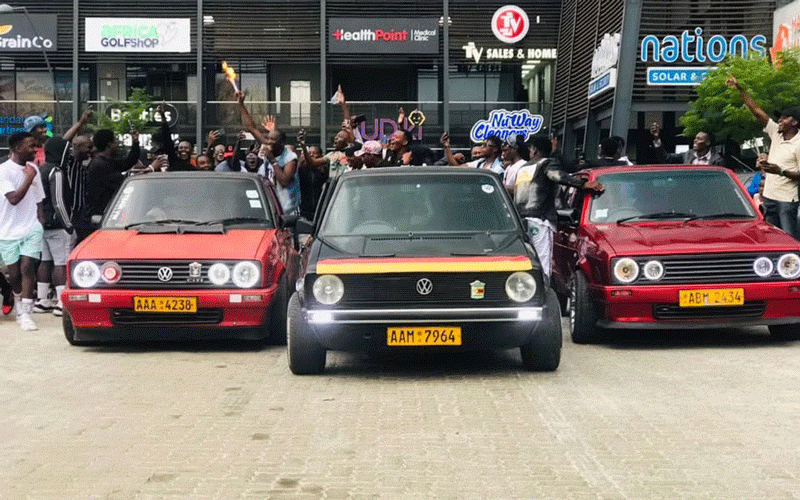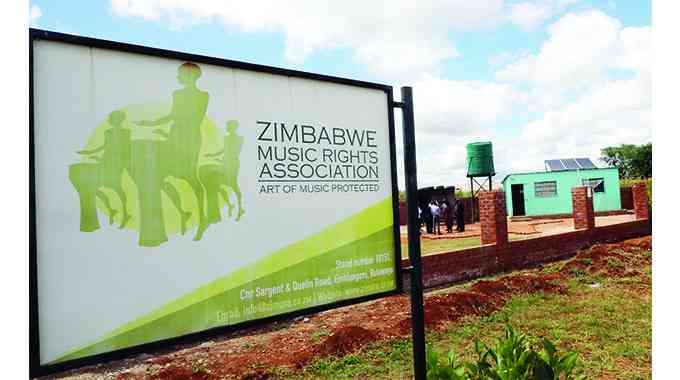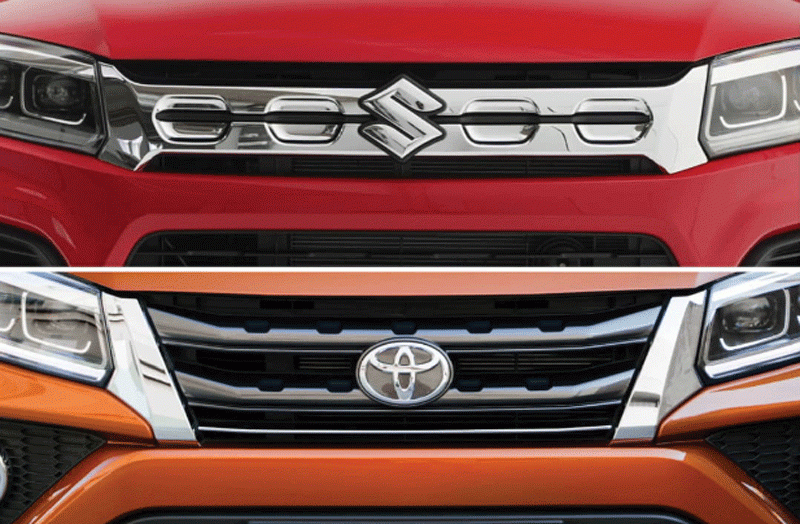
I have seen the emergence of some social car fun clubs here in Zimbabwe, which is a pretty exciting development for the petrol heads and car enthusiasts.
The phenomenon of these fun clubs started long back, and in the USA, the first club was called the Automobile Club of America (ACA), founded in 1899.
In Europe, Asia, and our neighbors, South Africa also started having these similar clubs a long time ago, which operate as non-profit making and apolitical organisations that are led by committees elected by the members with specific objectives.
It is, therefore, good to share the history behind the formation of such clubs to expand the scope of these clubs emerging in this country to provide the right foundation and values that are progressive and constructive.
The clubs are usually guided in their operations and rules through a constitution that is crafted to suit the specific objectives of each organisation.
For any organisation to function properly, the constitution needs to provide clarity on important aspects such as the leadership structure, leadership responsibilities and term of office, membership categories, membership benefits, membership fees, rules & regulations, membership suspension and reinstatement rules, and use of membership funds, among others.
In this country, we have an estimated 1.2 million roadworthy cars, and hence it is possible for a club to grow to have 50,000 members.
If you do the math and say membership is US$1 per month multiply 12 months by 50,000 members, the club can easily collect us$600 000 annually.
- Mavhunga puts DeMbare into Chibuku quarterfinals
- Bulls to charge into Zimbabwe gold stocks
- Ndiraya concerned as goals dry up
- Letters: How solar power is transforming African farms
Keep Reading
So, assuming the club started without a constitution that provides clarity about the management of the funds, then the risk is high that they will not agree to formalise it later.
It will be too late to start putting rules on the organisations, and that is what usually destroys relationships and the growth of a potentially good idea.
While it is very easy for such clubs to be consumed by fan, eating and drinking events, driving and making noise, there is potential to achieve good things too, and hence the need to balance the objectives to include;
-To conduct club events in an exemplary & responsible manner.
-To support, encourage, and take part in cultural and societal activities.
-To provide assistance to fellow club members in times of need.
-To always seek to improve the driving skills of our members and the community.
-To encourage our members to maintain their vehicles in the best possible condition for the safety of all other drivers and the community.
One of the fundamental objectives of these clubs should be to respect the laws of the country, such as the driving rules, encourage members to observe the speed limits, avoid drinking and driving, and enforce timely servicing and repairing of members’ vehicles to promote safe driving.
These values should become part of the club’s DNA to the extent that if any member that maybe found guilty of any of these standards should lose their membership.
Without such strong rules, it is very easy for these clubs to degenerate into “groups of people” who violate them by overspeeding and being a menace in their convoys as they go to do some events.
I think there is nothing to celebrate as a group that a certain number of people drive and own a Mercedes-Benz or Honda, or Toyota car models.
So one of the important societal needs is to support the less privileged or those in need of various resources.
The majority of these clubs in developed countries raise funds and make donations that change the lives of other people.
I, therefore, encourage the clubs emerging in this country to think about creating a social impact on the community they operate within.
These clubs have the potential to receive goods or money from other partner organisations and jointly donate them to the communities.
It is important to remember that the majority of corporate or non-governmental organisations consider good management structures and transparency in their day-to-day operations and audited financial statements as the basis of engagement.
The companies that sell spares, sell cars of the same brand, or those that service and repair the cars, find this as an opportunity to get business, and they can be affiliated as corporate partners who can also donate resources to the need in partnership with the clubs.
So far, I have read about the Japanese Cars Club, the Honda Fit Club, the BMW Club, the Mercedes Benz Club, and the Land Rover Club, which are now existing in this country.
These clubs indeed create new friendships and connections to its members just because of driving similar car brands or models.
The increasing car culture in this country can be a good social fiber that can benefit the club members in accessing information about the trends on the car models, understanding the functionalities of the cars, accessing contacts for where to buy the spares, or where to import the cars without high risks.
In South Africa, there are clubs for almost every car brand, and the activities and passion is very strong.
The BMW Clubs Africa is the Umbrella organisation for BMW clubs in Africa.
It is a member of the International Council of BMW Clubs. Its existence can be traced back to 1981 when the BMW Club of South Africa was formed in Johannesburg, representing both cars and motorcycles.
In 1984, the Club became a member of the International Council.
The umbrella Club for Africa was formalized in 1989 and restructured in 1994, and Club Africa was created to be the representative body of its Member Clubs.
This explains the point that the local Clubs can affiliate with other global organisations sharing the same philosophy, but everything begins with proper structures in their day-to-day management.
I am willing to feature some of the clubs in this column, so if anyone involved in some of the clubs is reading this article, please feel free to get in touch.
- Stanley Makombe has 25 years of experience in the motor industry, currently handling vehicle imports from Japan, Thailand, the UK, and South Africa into African countries. He is writing in his capacity and can be contacted on +254 743 900 590, on X @Stan_Carsales, email: [email protected], www.stanleymakombe.com











